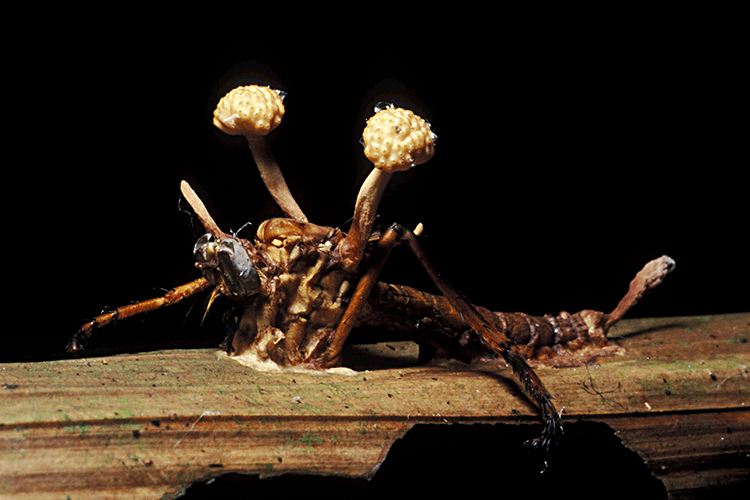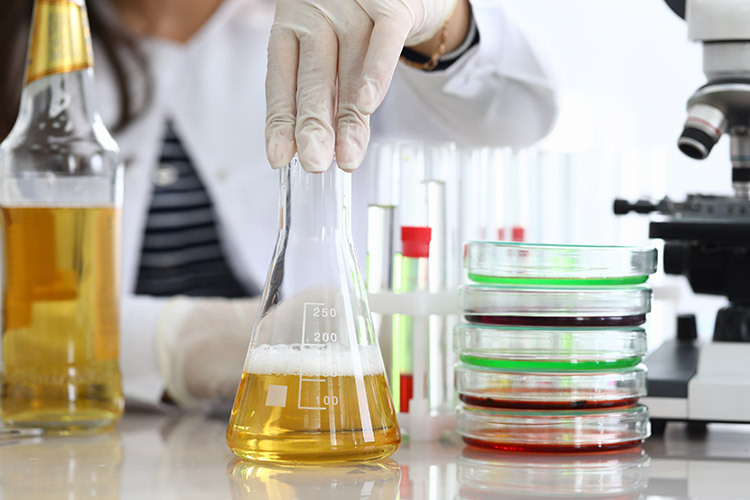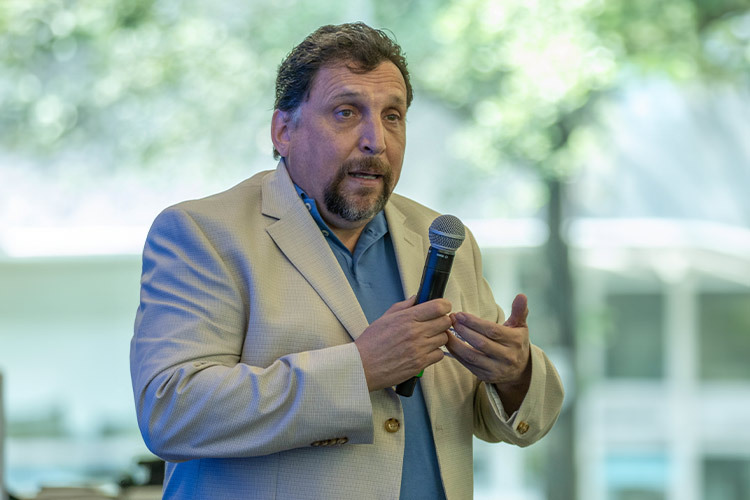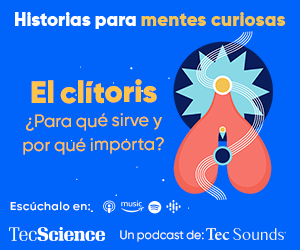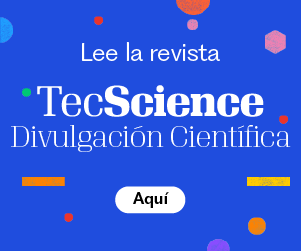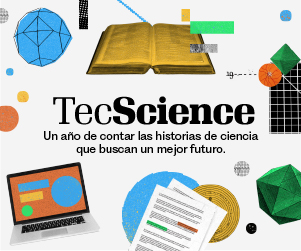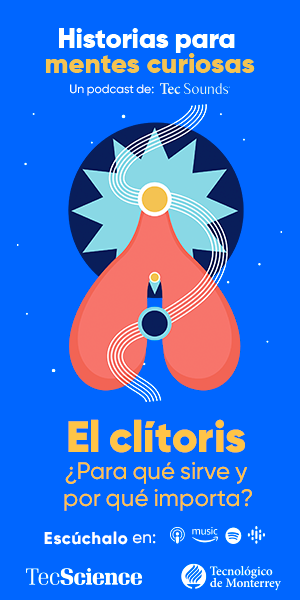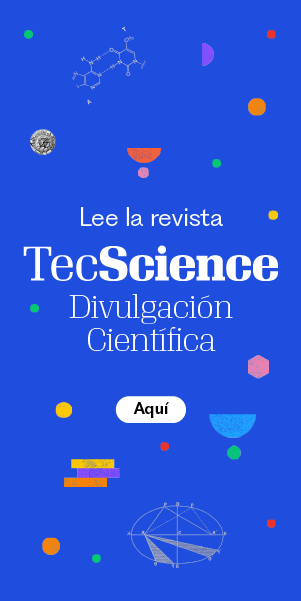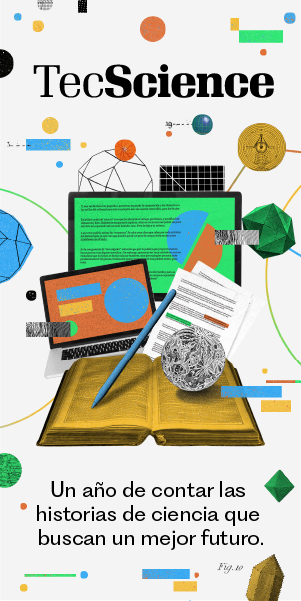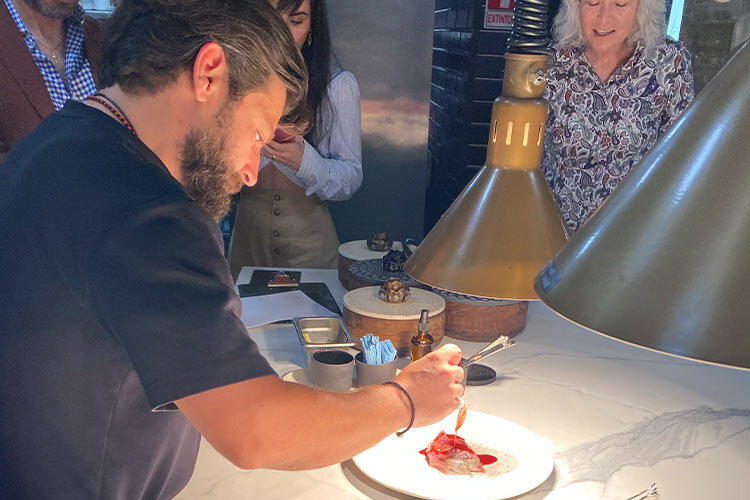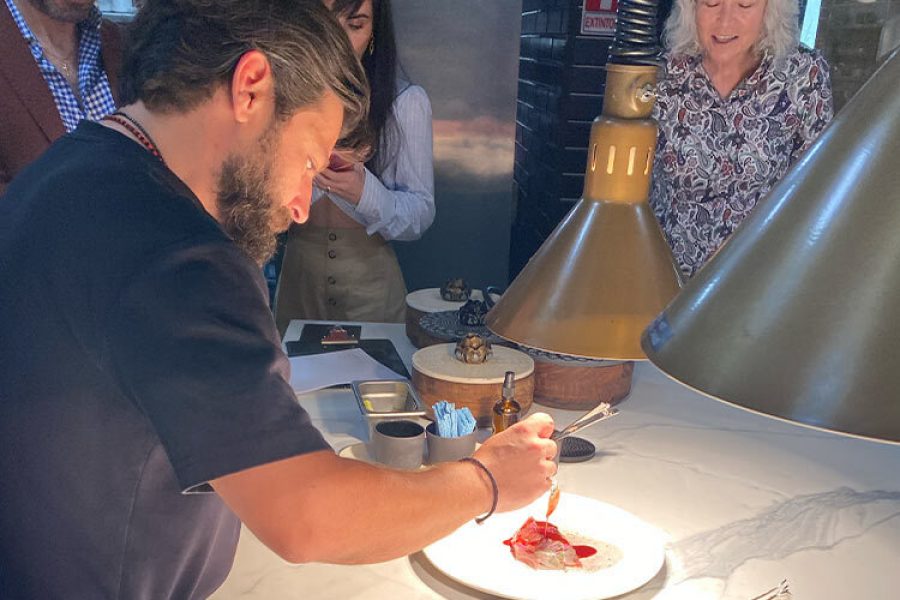Humans have been manipulating living microorganisms to produce food for thousands of years: the Egyptians produced beer and wine more than 6,000 years ago and we began to produce bread from yeast 2,000 years ago. Since then, we’ve been learning about biotechnology intuitively and without fully understanding the processes, although this is no longer the case.
What is biotechnology?
More than science fiction, biotechnology is a modern science based on technology that takes advantage of the biological mechanisms and interactions of living organisms. Its applications promise to make our lives easier. We tell you why.
Applications of biotechnology
Biotechnology began with the discovery of the DNA structure to selectively modify the activity of living organisms. Some of its applications include engineering microorganisms to develop antibiotics, creating microbes to produce chemical products, and cultivating transgenic plants that are resistant to adverse climatic conditions. Biotechnology forms part of a wide range of industrial and pharmaceutical processes.
Since 2008, there has been a place in Mexico that is dedicated to promoting this area of knowledge, which will turn 15 on Wednesday, August 9. This place is Tecnológico de Monterrey’s FEMSA Biotechnology Center.
“Before it came into being, few people knew about the discipline, and it has managed to bring people closer,” says its director, Dr. José González Valdez.
The Biotechnology Center is a research space with a futuristic vision, which was created thanks to the efforts of researchers Sergio Serna Saldívar, Mario Moisés Álvarez, and Marco Rito Palomares with the intention of doing science in Mexico.
“It was at a faculty meeting when former rector Rafael Rangel Sostmann decided to make a commitment to our work and our desire to do science,” recalled Dr. Rito Palomares.
The project began with a modest laboratory the size of two classrooms on the Monterrey Campus. It had less than ten students. “We were three researchers with a dream of building a completely new building, so we started raising funds,” says Marco Rito.
A year and a half after starting the project, they reached the goal to finance its construction. A couple of years later, it became what it is today, a five-story building with world-class infrastructure, which has helped to attract talent from Mexico and around the world.
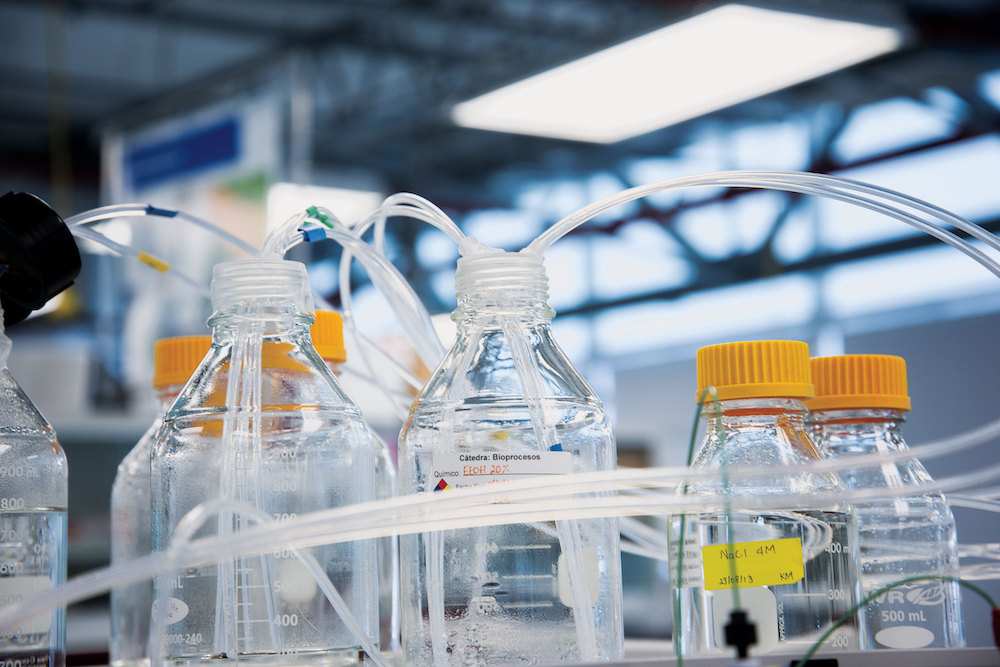
Improving human health
The World Health Organization (WHO) has published figures on a global emergency: 60% of deaths in the world are caused by chronic-degenerative diseases such as cancer, diabetes, or hypertension that could be largely prevented with a healthier diet.
The Center focuses on nutrigenomics and bioprocesses to build the foundations of the food of the future, as well as synthetic biology to create products that can have a proven impact on health.
Its main objective is to develop drugs and build the foundation for food with cutting-edge and innovative research.
Nutrigenomics could help to tackle modern pandemics by studying the relationship between the body and diet according to the genes. These researchers hope to discover how food can prevent cancer or how a simple salad could include all nutrients and vitamins that our bodies require.
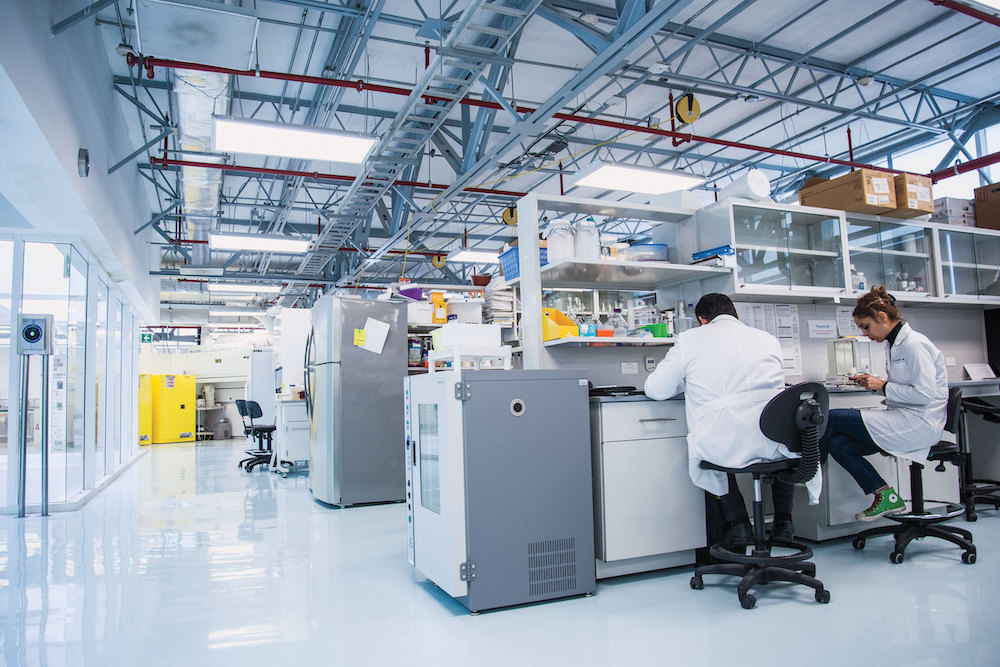
The results could not only revolutionize the food industry but would also bring a considerable reduction in public spending that goes to care for health disorders around the world.
“The main challenge is to identify compounds that can be incorporated into food and that can have a proven impact on health, such as a cookie or yogurt with unique antioxidant capacities to stop cell deterioration,” explains Dr. Rito Palomares.
Institutional collaboration
At the FEMSA Biotechnology Center, 60 to 70% of the research projects are related to the industry, a characteristic that differentiates this research center from other similar ones in Mexico.
“We have a good collaborative relationship with companies because we challenge ourselves to be the innovators, which has helped us get more funding. This has then had a multiplying effect in the work on other projects,” emphasizes Palomares Rite.
Currently, the FEMSA Center has a staff of more than 150 researchers, attracting talent from all over the country. It also has a collaboration network with other universities strengthened by student exchanges and the development and presentation of joint projects.
There are different collaborations with universities such as the National Autonomous University of Mexico or the Massachusetts Institute of Technology (MIT) and University College London, these last institutions being ranked among the top 15 for biotechnology.
Unique achievements
Some of this center’s credentials are as follows:
- CB-FEMSA carries out around 200 projects per year.
- The investment for each project is between 100,000 and 1 million dollars.
- Technology increases the efficiency and speed of drugs.
- CB-FEMSA has been granted a total of 100 patents in the areas of food, anticancer and antioxidant products, among others.



